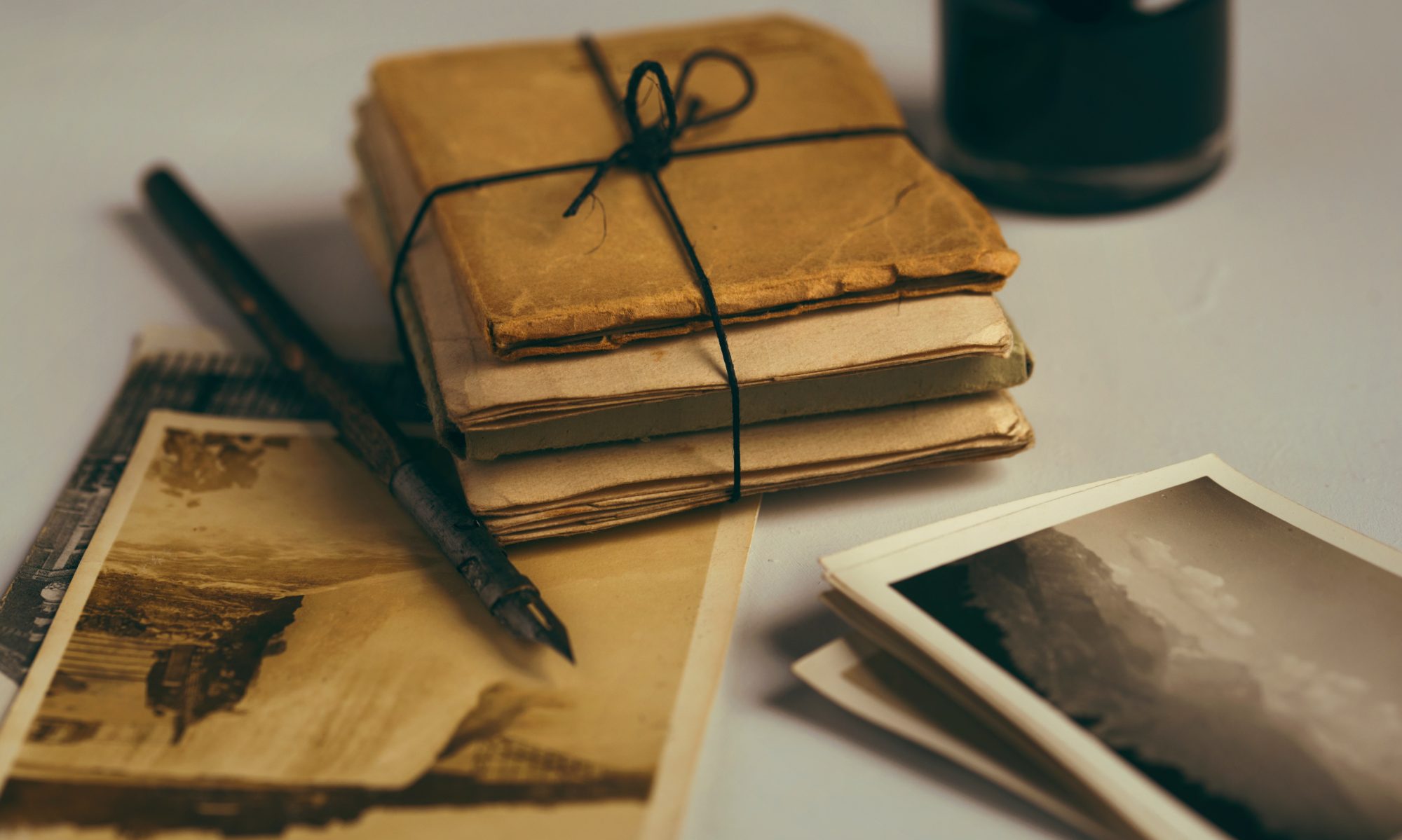Your ancestors’ occupations can reveal a great deal about their lives. They provide a huge amount of context for the way the whole family lived. So it’s super important to make sure you are paying attention to the jobs your ancestors held.
Often, the occupations of our ancestors are one of the easier facts to find out about them. They are listed on birth, marriage and death records, censuses and wills, some of the most common records we use. Let’s really squeeze what information we can out of knowing what they did for a living.
I’m planning on beginning a series of blogs soon, covering different fields of common ancestral occupations. So today’s blog is just an overview of why investigating your ancestors’ occupations is a valuable strategy for you to use.

What are the benefits of exploring your ancestors’ occupations?
They may lead you to record sources
If your ancestor’s occupation was a trade, have a look and see if there are apprenticeship records surviving. These may include his own indenture, or maybe when he was older he was a master who took on an apprentice. There may also be records in the appropriate trade company, for example, freeman’s records. These records can provide all sorts of juicy details including the father’s name, occupation and residence. Were your ancestors members of a trade union? What records survive for their union and what information might they hold?
Likewise, if your ancestor’s occupation was a profession, there might be records of his university education, which can often contain useful details of his background.
Do they appear in trade or commercial directories of the time? A great way to track movement over time. You may be lucky enough to find advertisements from them too!
Check out the Inland Revenue records at The National Archives too…remember it is still free to download digitised records at the moment.

They may explain migration patterns or reveal the origin of your migrant ancestor
If you are wondering where a branch of your family disappeared to there may be clues in their occupation. Conversely, if you are wondering which part of the ‘old country’ your family came from, the same applies.
For example, coal mining families in the United Kingdom may have come from South Wales, or the Midlands (around the Black Country and North Warwickshire especially), or maybe Yorkshire or Scotland. They won’t be from Kent! If your family were all coal miners and you know your great great uncle emigrated, maybe try looking for him in places like Pennsylvania in the US, where coal mines were extremely common.

Ancestors’ occupations may help you distinguish between families
This one is critical when you are researching families with common names. You’re not sure who belongs to who in the records. So how can knowing about their occupations help? If you know one William was a cordwainer, and the other was a glassblower, the two sons named John could be matched to their father by their job. This isn’t completely foolproof but it can help. So one John is a bootmaker, the other is a glass grinder. They don’t have exactly the same occupation as their fathers but they are in the same field. This sometimes requires a little deeper knowledge of the field they are in to provide this context.
Also, if you are looking for your ancestors in newspapers, their occupation was usually included in any reports about them. So with a little bit of luck, you can eliminate the Charlie Smith who was picked up for drunkenness if his job was completely different to your sober and hard-working (of course!) Charlie.
They may reveal the source of family traditions or heirlooms
Do you have any family sayings, songs, recipes, or items passed down that you have no idea about the origin of? They may be related to a family occupation in times past. If you can make the link, you are helping to tell your ancestors’ stories.

Stop Press!
Coincidentally, the University of Strathclyde has recently expanded its educational offering on Futurelearn, which I’ve previously talked about. There are now short, free courses covering three of the occupational fields that many of us would have had an ancestor or two in. Those fields are railways, coal mining and textile mills.
I found these when I was digging around for information on what my snake-keeping railway porter ancestor would have done in his earlier career!
Here are the links to check them out:
https://www.futurelearn.com/courses/working-lives-on-the-railway
https://www.futurelearn.com/courses/working-lives-in-the-mining-industry
https://www.futurelearn.com/courses/factory-lives-working-in-the-textile-mills
If you have any requests on an occupational field that you would like me to cover in a dedicated blog post, just let me know!

